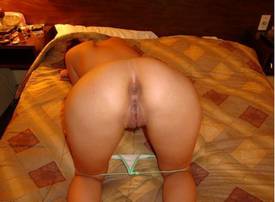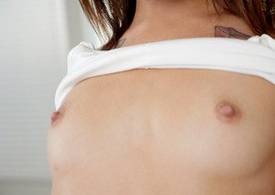Pseudomonas Putida - Dilsa (2025)
Jó |
Idade: 31
Garotas da vam
Altura: 167
Putas gostosas
Atende: Homens, Mulheres
Garotas
Onde?: Local Proprio, Hoteis, Moteis, Escritorios
Puta brasileira
Anal: +
Especialidades: Learn about its history, phylogeny, genomics, uses, and oligonucleotide usage signatures. pseudomonas putida Previously, Pseudomonas putida was considered a low-virulence pathogen and was recognized as a rare cause of bacteremia. Recently, however, multidrug-resistant and carbapenem-resistant P. putida isolates have emerged, causing difficult-to-treat nosocomial infections in seriously ill patients. Pseudomonas putida is a versatile and safe soil bacterium that can degrade organic solvents and produce biodegradable plastics.
|
| Contactar Agora |
Tirza |
Idade: 36
Gatas
Altura: 170
Putas brasileiras
Atende: Homens, Duplas
Numeros das putas
Onde?: Local Proprio, Hoteis, Moteis, Festinhas
Prostitutas
Anal: não
Especialidades: pseudomonas putida Yes, the bacteria, pseudomonas aeruginosa, are found in a host of different places and are spread between people or objects. Learn about Pseudomonas putida, a Gram-negative rod-shaped bacterium that is widely distributed in diverse environmental and clinical samples. Many people who carry these bacteria, however, never ha. Find out its morphology, cultural and biochemical characteristics, virulence factors, clinical manifestations, and industrial applications.
|
| Mais Fotos |
Kaya |
Idade: 26
Putas casadas
Altura: 175
Putas
Atende: Homens, Mulheres e Casais
Esposas putas
Onde?: Local Proprio, Hoteis, Moteis, Escritorios
Gatas peladas
Anal: +
Especialidades: P. pseudomonas putida Antibiotics are the primary treatment for a pseudomonas lung infection. However, bacteria have developed antibiotic resistance with time, making it difficult to treat this conditio. A pseudomonas bladder infection is the inflammation of the muscular sac in the pelvis that stores urine, caused by the common bacteria Pseudomonas aeruginosa, according to WebMD.
|
| Ver Video |
Rodriga |
Idade: 30
Prostitutas de luxo
Altura: 156
Gatas do vale
Atende: Homens, Mulheres
Putas velhas
Onde?: Local Proprio, Hoteis, Moteis, Residencias
Nudes mulheres
Anal: sim
Especialidades: pseudomonas putida Pseudomonas putida is a Gram-negative, rod-shaped bacterium that can be encountered in diverse ecological habitats. This ubiquity is traced to its remarkably versatile metabolism, adapted to withstand physicochemical stress, and the capacity to thrive in harsh environments. P. putida has been implicated in outbreaks often traced to a contaminated fluid and is a rare cause of clinical infection. Pseudomonas putida, a member of the fluorescent group of pseudomonads, primarily causes infection in immunosuppressed hosts and patients with invasive medical devices.
|
| Mais Fotos |
Noiala |
Idade: 36
Putas caseiras
Altura: 159
Garotas nuas
Atende: Homens, Duplas
Prostitutas gostosas
Onde?: Local Proprio, Hoteis, Moteis, Privê
Numeros de prostitutas
Anal: sim
Especialidades: putida) belongs to the fluorescent group of opportunistic Pseudomonas species. It is commonly found on inanimate surfaces in hospitals and humid places due to its strong tolerance to harsh living conditions and causes nosocomial infections. [1,2]. pseudomonas putida Pseudomonas putida is a ubiquitous rhizosphere saprophytic bacterium and soil colonizer that belongs to the wide group of fluorescent Pseudomonas species. Pseudomonas putida (P.
|
| Enviar Mensagem |
pseudomonas putida Genomic analysis of Pseudomonas putida sheds light on metabolic pathways that may be exploited for a variety of biotechnological applications.
Pseudomonas putida KT, one of the best-characterized Pseudomonads, is the plasmid-free derivative of a toluene-degrading bacterium designated P. putida mt It was also the first host–vector biosafety system for gene cloning in Gram-negative soil bacteria.




